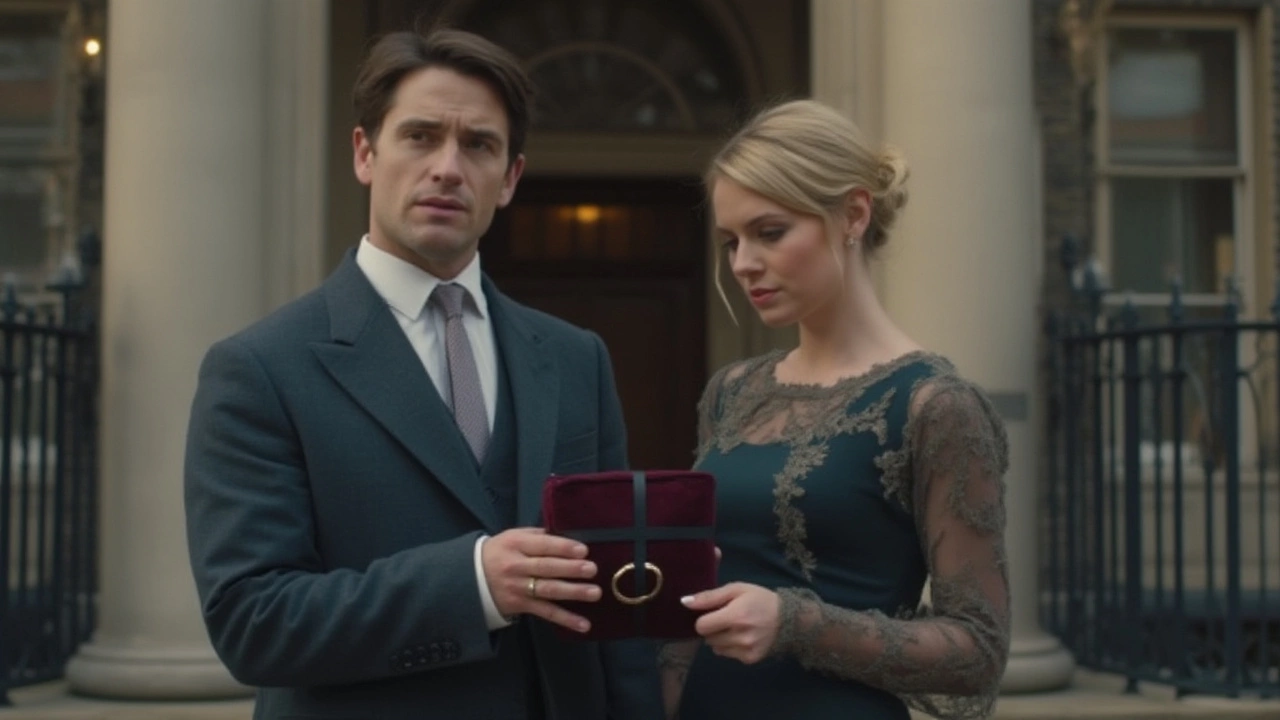Engagement Ring Law: Who Keeps the Ring When a Wedding Is Cancelled?
Breaking up right before the big day can feel chaotic, especially when an expensive ring is involved. In the UK, the law isn’t as vague as many think – it actually spells out who should get the ring back and when you might have to keep it.
First thing to know: an engagement ring is considered a gift, but it’s a special kind of gift that comes with an expectation. If the engagement ends because the couple decides not to marry, the giver usually gets the ring back. If the bride walks out, the ring should go back to the fiancé. This rule helps keep things fair and avoids endless arguments.
What the law says about ownership
The key legal principle is “conditional gift”. The ring is given on the condition of marriage. If that condition never happens, the condition fails and the gift is reclaimed. Courts have upheld this in several cases, so you can rely on it if you need to go to a solicitor.
However, there are two important exceptions. If the person who receives the ring breaks off the engagement, they may be forced to return it. But if the giver ends the relationship, the receiver can keep the ring. It’s a simple way of saying: the party that walks away loses the ring.
Another twist appears when the ring is damaged before the wedding. Legally, the giver can claim a refund or compensation if the damage isn’t the receiver’s fault. If the receiver accidentally cracks the stone, they should offer to repair or replace it. Insurance can also cover this – many people protect their engagement rings with a personal policy.
Practical steps to protect yourself
Before you hand over the ring, consider a written agreement. A short note saying the ring is a conditional gift and will be returned if the marriage doesn’t happen can save headaches. It doesn’t need to be notarised, but both parties should keep a copy.
Get the ring insured as soon as you buy it. Insurers usually ask for a valuation, and the policy will cover loss, theft, or damage. Keep receipts in a safe place – you’ll need them if you ever file a claim.
If the relationship ends, start the conversation early. A polite request to return the ring, backed by the conditional‑gift rule, often works. If the other side refuses, a solicitor can send a formal letter. Most people prefer to avoid court, so a written request usually resolves the issue.
Finally, think about the ring’s sentimental value. Some couples decide to keep it as a memento, even if the law says otherwise. If you’re both comfortable, you can agree to share ownership or sell it and split the proceeds. Clear communication is the best tool – it keeps the breakup as painless as possible.
Understanding the engagement ring law helps you protect your investment and avoid nasty disputes. Keep a copy of the purchase receipt, insure the ring, and if the engagement ends, know your rights. With a little preparation, the ring won’t be a source of extra drama on an already emotional day.

- Jul, 18 2025
- Comments 0